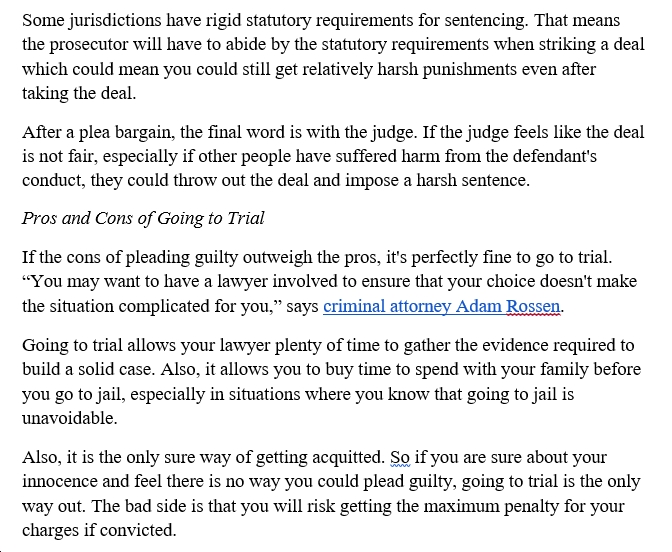SPONSORED CONTENT
Estate planning is a task most people tend to neglect. However, with the current elevated estate credit set to expire in 2025, many people understand they should set their trust up soon. Additionally, the pandemic has forced people to confront the possibility of severe sickness or death and evaluate their financial and legal affairs.
With an aging baby boomer population and a lower estate tax exemption potentially coming, 2021 is now an ideal time to address concerns and begin the process of estate planning such as forming a trust.
Trusts allow people to dictate how their assets are distributed without putting their family through the probate process. Trusts provide wealthier individuals protections for their assets, maintain privacy, and reduce taxes on their estate and gifts.
Planning for the period after your death is difficult to face. Having these conversations with your family and friends can be even more daunting. However, “it is important to have these conversations,” said Attorney Paul Yokabitus, “to ensure that your assets are distributed according to your wishes and that your family isn’t left with the burden of managing your estate without a plan in place.”
Picking a Trustee
One of the many decisions in setting up an estate plan is determining who to put in charge. In most cases, the trustee is a close friend or family member. However, this decision requires a lot of thought as picking the right person is essential for a smooth administration of the estate.
Who to Name as a Trustee
A key aspect of establishing a trust is deciding who to appoint as the personal trustee. A trustee is not a nominal position, as they are tasked with properly managing the trust. When considering who to name as a trustee, there are several considerations to take into account.
First, if a family member is in consideration for the trustee, consider the dynamics of the family. Depending on which family member is the trustee, relationships within the family could become strained. If a sibling is appointed and they do not get along with another sibling, the estate plan’s process could become rocky.
Second, ensure the person appointed as trustee can handle the burden. This may require having an honest conversation with the trustee about the many responsibilities of handling an estate’s administration. The more aware the trustee is of their future duties, the better they will handle carrying out their loved one’s wishes.
The Trustee’s Duties
When someone is appointed trustee, they are responsible for upholding the deceased’s wishes and managing the estate’s assets. The trustee’s duties include:
- Investing
- Paying bills
- Tax reporting
- Fulfilling obligations to current and future beneficiaries
- Following strict compliance requirements
For those with no experience as a trustee, the requirements can become overwhelming. Fortunately, the trustee is allowed to seek experts’ advice and guidance to make the best decisions. For larger estate plans, there is a risk of beneficiaries bringing a lawsuit and involving the trustee.
Professional Trustees
Appointing a professional trustee is something those with larger or complex estate plans should consider. Professional trustees have experience with the administrative process and understand how to keep proper records of the activities. Additionally, their expertise enables them to confidently make the correct fiduciary and legal decisions required of a trustee.
If the owner wishes to have a family or friend involved, a professional trustee could be named a co-trustee. Here, the professional trustee could help guide the personal trustee through each decision while keeping the legal liability away from them.
Why Setting Up an Estate Plan Is Important
Without an estate plan, the probate court distributes the assets. However, if there is no plan or will, the assets are distributed through the court’s guidelines. Once the probate court distributes the assets, the deceased loses control over how the assets are managed and used.
With an estate plan established, a person controls how their assets are distributed and managed long after their death. The law requires a trustee to follow the deceased’s wishes, and they are not allowed to deviate from the plan without court approval.
Begin the Conversation About Preparing For The Future
Estate planning can be an emotional and difficult reality to face. However, having these conversations with your loved ones is crucial to ensure their lives are easier after you pass. Do not forget to have an honest conversation with your desired trustee, so they are on the same page as you.
With an estate plan in place, you can enjoy the rest of your life without worrying about how your family will be taken care of.


















